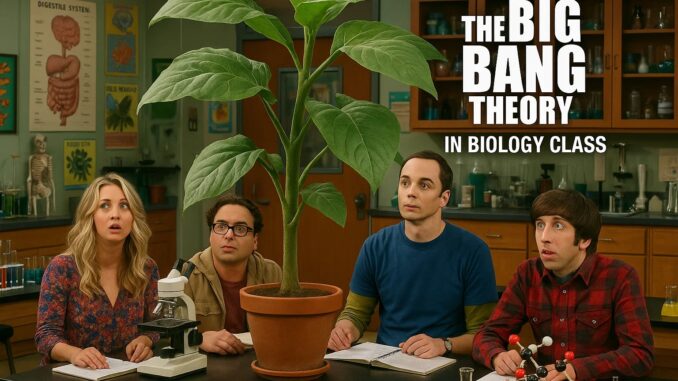
When The Big Bang Theory first premiered in 2007, many viewers were unsure how a sitcom centered around four socially awkward scientists would resonate with mainstream audiences. Yet, more than a decade later, Sheldon Cooper became one of the most iconic characters in television history. Played masterfully by Jim Parsons, Sheldon redefined what it meant to be a sitcom lead, balancing both comedy and complexity in a way that kept fans hooked for twelve seasons.
What makes Sheldon stand out is not just his quirky obsession with physics, trains, comic books, and “Fun with Flags,” but his unapologetic individuality. He was brilliant, stubborn, and often hilariously blunt. While other sitcoms relied on the charm of relatability, Sheldon thrived because he was so unlike anyone else on TV. His struggle with empathy, his eccentric routines, and his relentless pursuit of logic created endless comedic opportunities. Yet, at the same time, fans loved watching him slowly evolve into a more well-rounded person through his friendships and eventual romance with Amy Farrah Fowler.
One of the show’s most powerful achievements was the way it showcased Sheldon’s growth without ever betraying who he was at his core. Fans still recall the emotional impact of his Nobel Prize speech in the series finale, where he publicly acknowledged his friends as the reason for his success. That moment, paired with his unlikely but genuine marriage to Amy, offered a satisfying conclusion to his journey.
Sheldon’s legacy extends far beyond the show itself. Young Sheldon, the spin-off prequel, has continued to expand his story and deepen fans’ connection to him. Generations of viewers have grown up with this eccentric genius, laughing at his quirks while admiring his brilliance. More than just a character, Sheldon became a cultural symbol—proof that intelligence, however awkwardly presented, can still lead to love, friendship, and fulfillment.
In the vast landscape of sitcoms, Sheldon Cooper is a rare creation: someone unforgettable, endlessly quotable, and deeply human beneath all the genius. That is why, even years after the final episode, fans continue to celebrate his impact on television history.